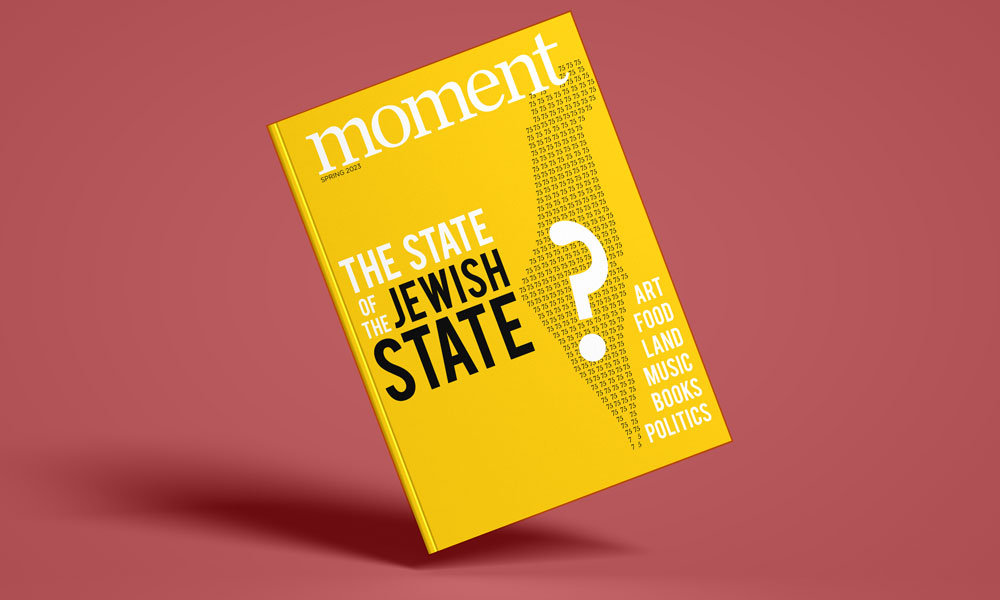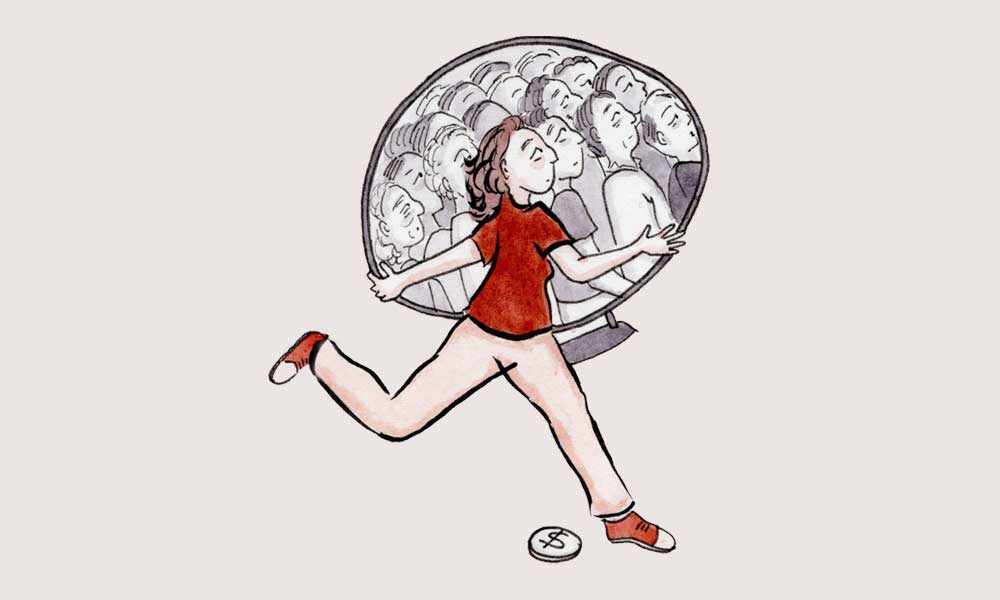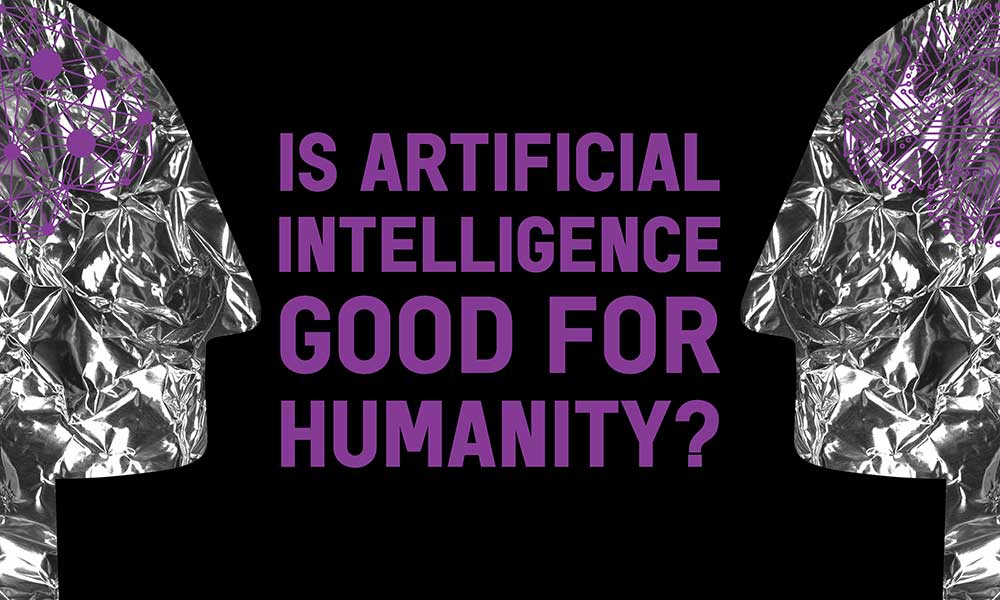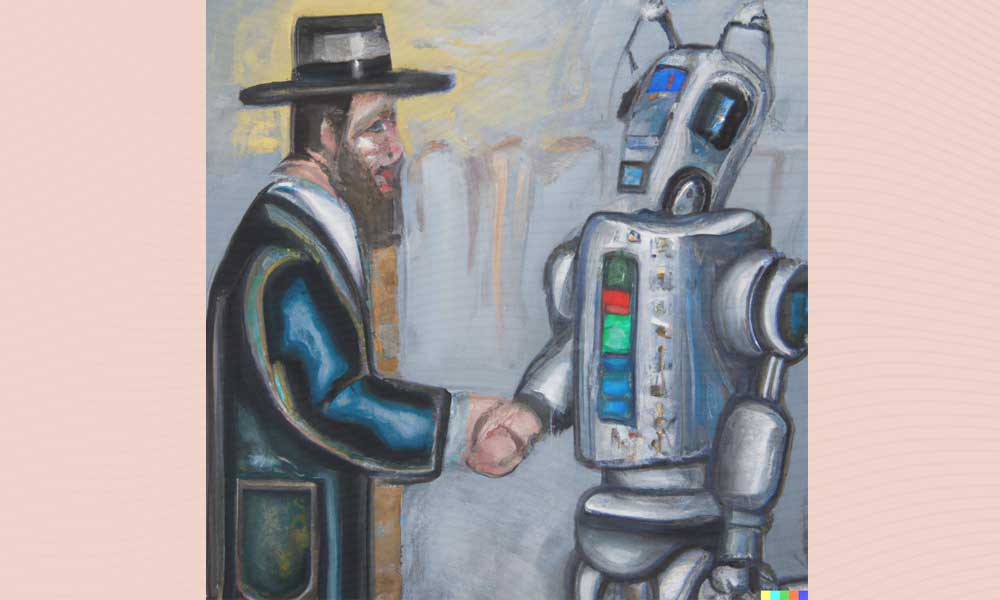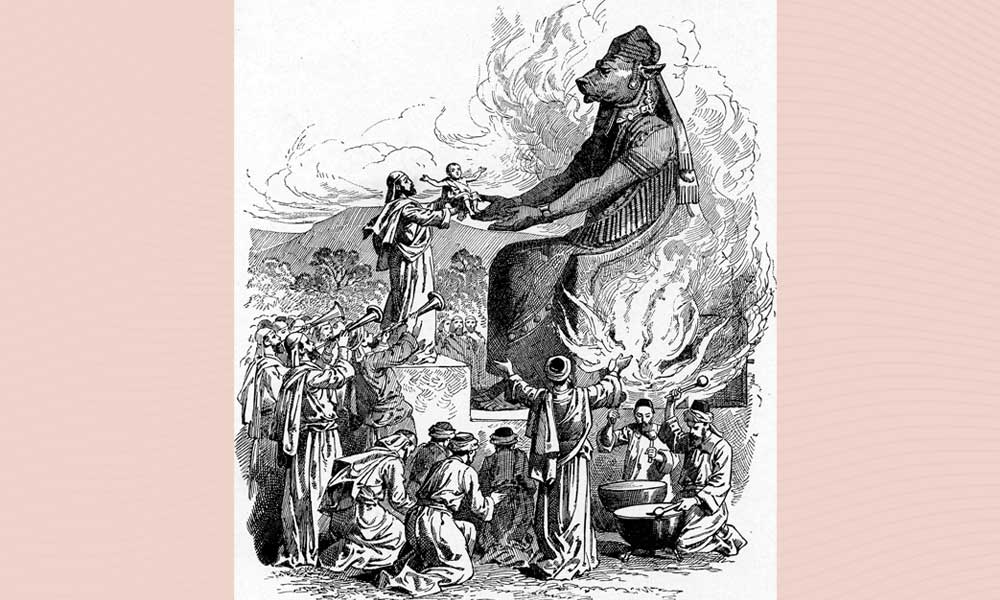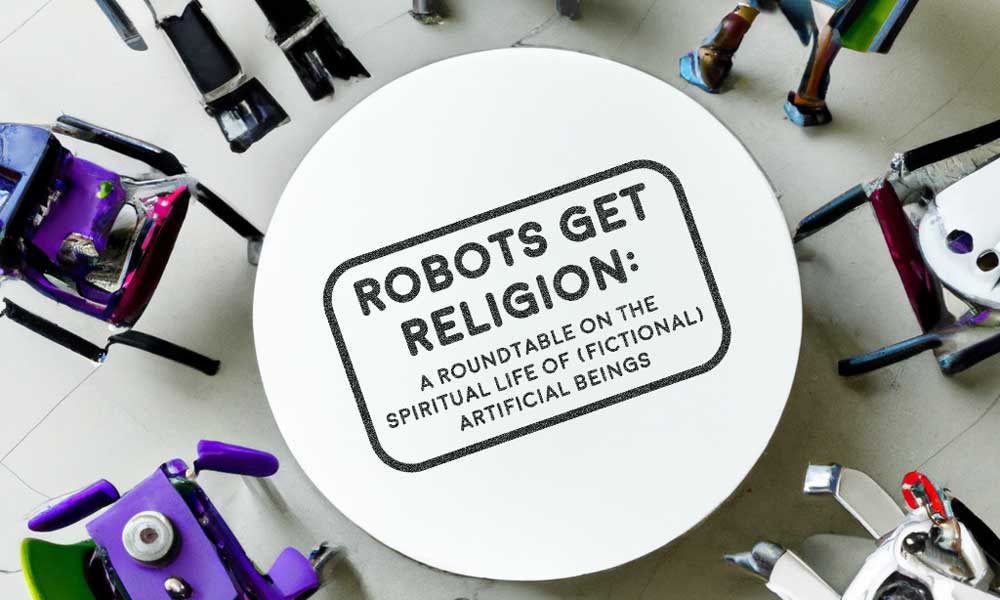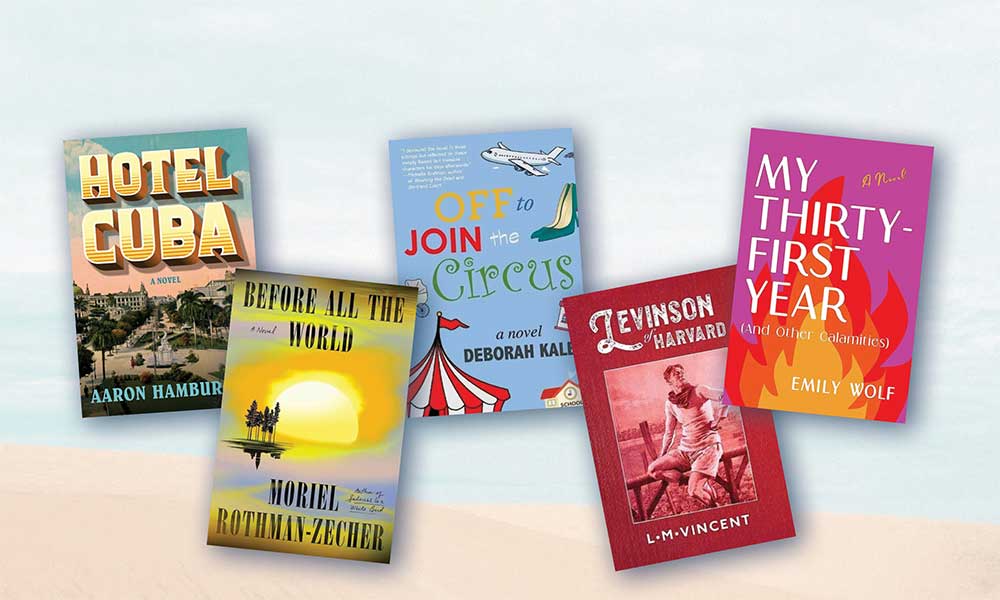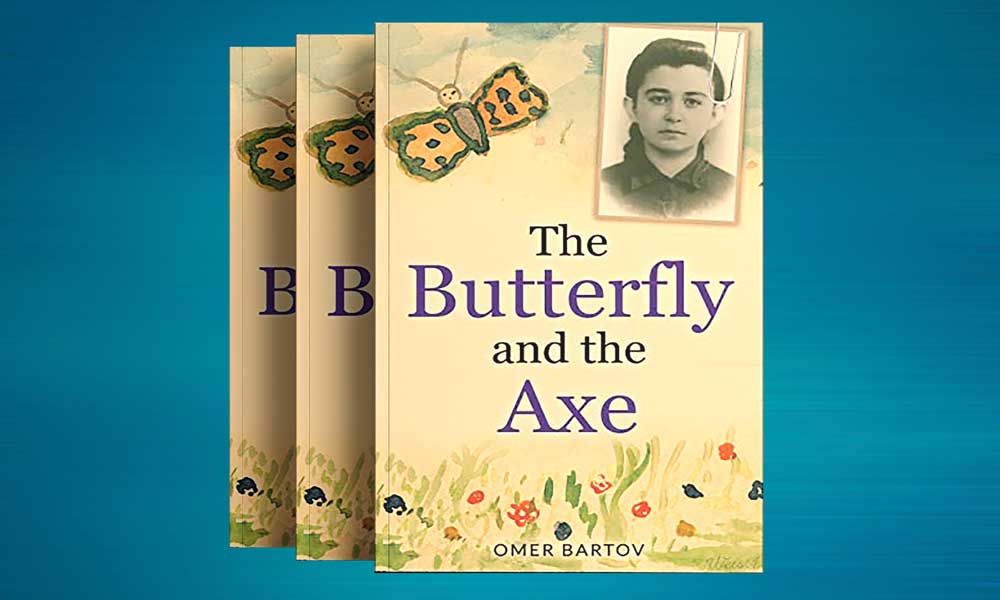We won first place in Magazine Overall Excellence for our AI issue and for commentary by Amy E. Schwartz. ...
Platter comes with a mechitzah. ...
As always, you’ve put together a very diverse and thoughtful group of Jewish opinions on the state of the State of Israel. ...
For years, a one-dimensional view of Israel has poisoned the environment for Jews in Britain’s national students’ union. After an official investigation, will the situation improve? ...
For the past seven years, I’ve been writing and drawing a book about Artificial Intelligence, specifically about a large language model built from a family archive. ...
AI is the brainchild of cognitive scientists, computer programmers and physicists; it raises problems for politicians, journalists and philosophers; and it’s alive in the imaginations of artists, cartoonists and science fiction writers. We’ve asked people from all these fields how best to approach this astounding moment in human history. ...
It was with some trepidation that we decided to bring the matter of food to the great AI Oz. ...
Artificial intelligence has been around ever since we plucked the fruit off the branch of the Tree of Knowledge of Good and Evil and came away with clarity around neither. ...
In 2012, days after the mass shooting at Sandy Hook Elementary School that killed 20 children and six adults, historian Garry Wills wrote an impassioned essay in The New York Review of Books. ...
In real life, artificial intelligence may be making great strides, but it’s nothing—at least, as yet—compared to the visions of artificial yet intelligent creatures that live in our literary imagination. ...
When anxieties are rippling through the culture, novelists can’t help picking up the signal. ...
After Italian philosopher Umberto Eco published his first novel, The Name of the Rose (1980), to worldwide critical acclaim and instant bestsellerdom, scores of major humanities scholars started thinking about fiction as a possible genre for them too. ...



